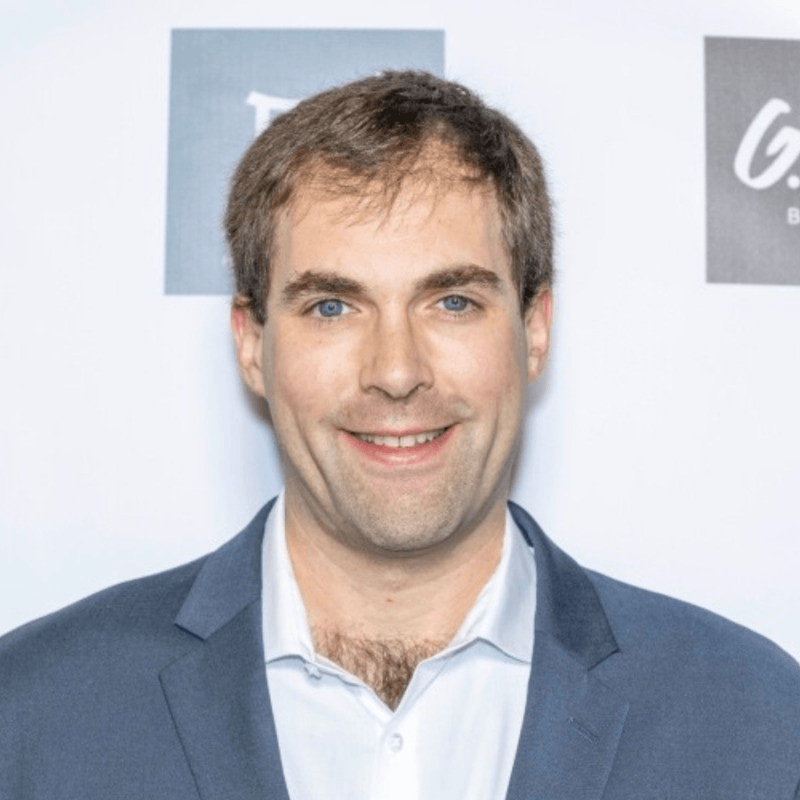We were lucky to catch up with Matthew Marder recently and have shared our conversation below.
Matthew, appreciate you joining us today. Earning a full time living from one’s creative career can be incredibly difficult. Have you been able to do so and if so, can you share some of the key parts of your journey and any important advice or lessons that might help creatives who haven’t been able to yet?
Earning a full-time living from creative works usually takes a lot of time for anyone. I’ve been making movies for over ten years now, and I just finished my third feature film, which is deep in post-production now. When I started making my first feature, Agent of Death, in 2018, I knew I had to maintain my side job. Everyone needs a day job as they pursue their creative endeavors. Given the state of the film industry, I truly think making a first feature is essential to getting your art out there and showing people that you can effectively get a start-up going through film. My first feature has now sold and will be streaming on Uncork’d Entertainment (and more platforms) starting in August 2024. Usually, the sale of a feature will generate revenue from a MG (minimum guarantee) followed by future sales (including international) along with quarterly residuals if on streaming platforms. I encourage everyone to make a feature for well under a million dollars because it’s way easier to recoup your money and your investors’ money from this amount. Profit is indeed necessary fi you want to keep garnering investors and moving forward in the difficult world of filmmaking. I don’t know if an agent and/or manager is as necessary as a sales agent these days. It’s wild to see how much work I’ve had to do on my own to get these feature films where they need to be. I’m currently applying to Sundance for my second feature!
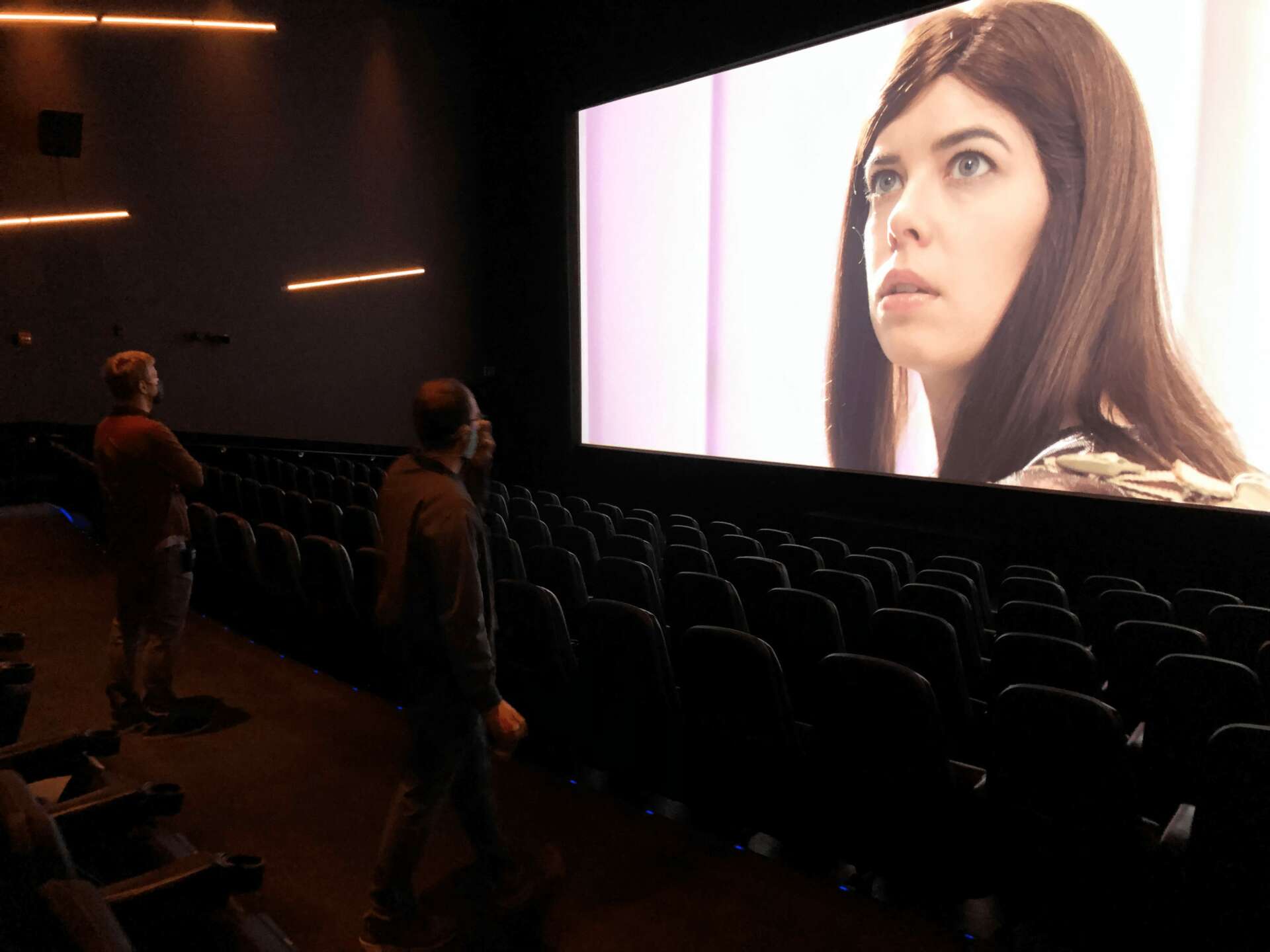
Awesome – so before we get into the rest of our questions, can you briefly introduce yourself to our readers.
Since the age of 3, I have always wanted to be a director and writer. After graduating with a M.F.A. in Screenwriting from American Film Institute, I interned at Mandeville Films. The production squad at the company definitely encouraged me to hit the ground running as an independent and freelance filmmaker since that is the best way to stand out these days. Almost anyone can make a feature with this cutting edge of shooting on anything from phones to cameras and the overabundance of film festivals out there. I honed my skills as a 1st Assistant Director and Producer. I have produced over fifty shorts at this point and five features. On all three of my directed features, I have been the writer, producer, and director. On my second feature, I co-directed with a friend! All projects have been incredible experiences. There is always something to learn on every film set from technical to creative. My brand is profound entertainment – I believe people should be constantly entertained when watching films, and I truly want to open dialogue and discussion to topics that we, as a society, are sometimes afraid to discuss. These topics include but are not limited to life/death decisions, identity as a whole, gender politics, classism, racism, neocolonialism, analysis of war and violence, and the pros and cons of modern technology. I believe in optimizing filmmaking which is one reason I’ve enjoyed 1st ADing and producing so much. Seeing someone’s vision come to fruition is a huge thrill for all cast and crew involved. Filmmaking is truly an epic collaboration, and it always takes a village! To me, making movies is about connecting audiences and bridging gaps between understanding. We sometimes think we’re more different than we truly are. I want people to come together!
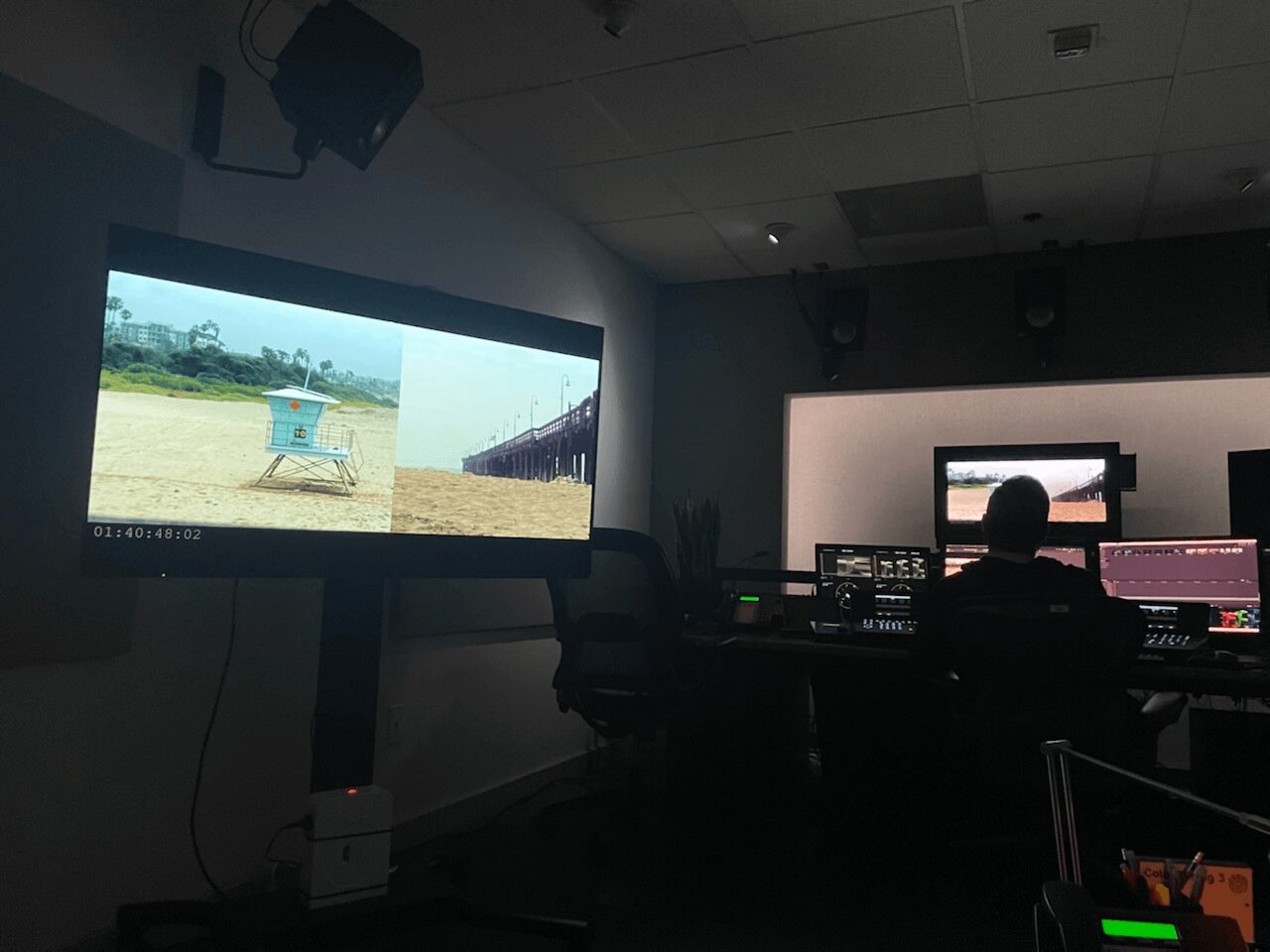
In your view, what can society to do to best support artists, creatives and a thriving creative ecosystem?
In other countries, the government actually has real film grants and funds for artists. In the U.S., there are very few grants that are offered, they usually suffer from lack of funding, and they usually have an agenda for whom they actually want to fund each year that seems to change, instead of the quality of the project itself. I think investors should be more willing to support media in general. It’s always tough gathering up all the funds for any movie no matter its potential quality. The concept of “patrons” has certainly dissipated in this county as people invest more in dangerous tech companies than art itself. I think we need to re-examine the role of film in our society and hopefully support artists more in general. The strikes from the WGA to SAG truly demonstrate how artists are taken advantage of and how the unions need to re-organize to actually make gains on corporate America.
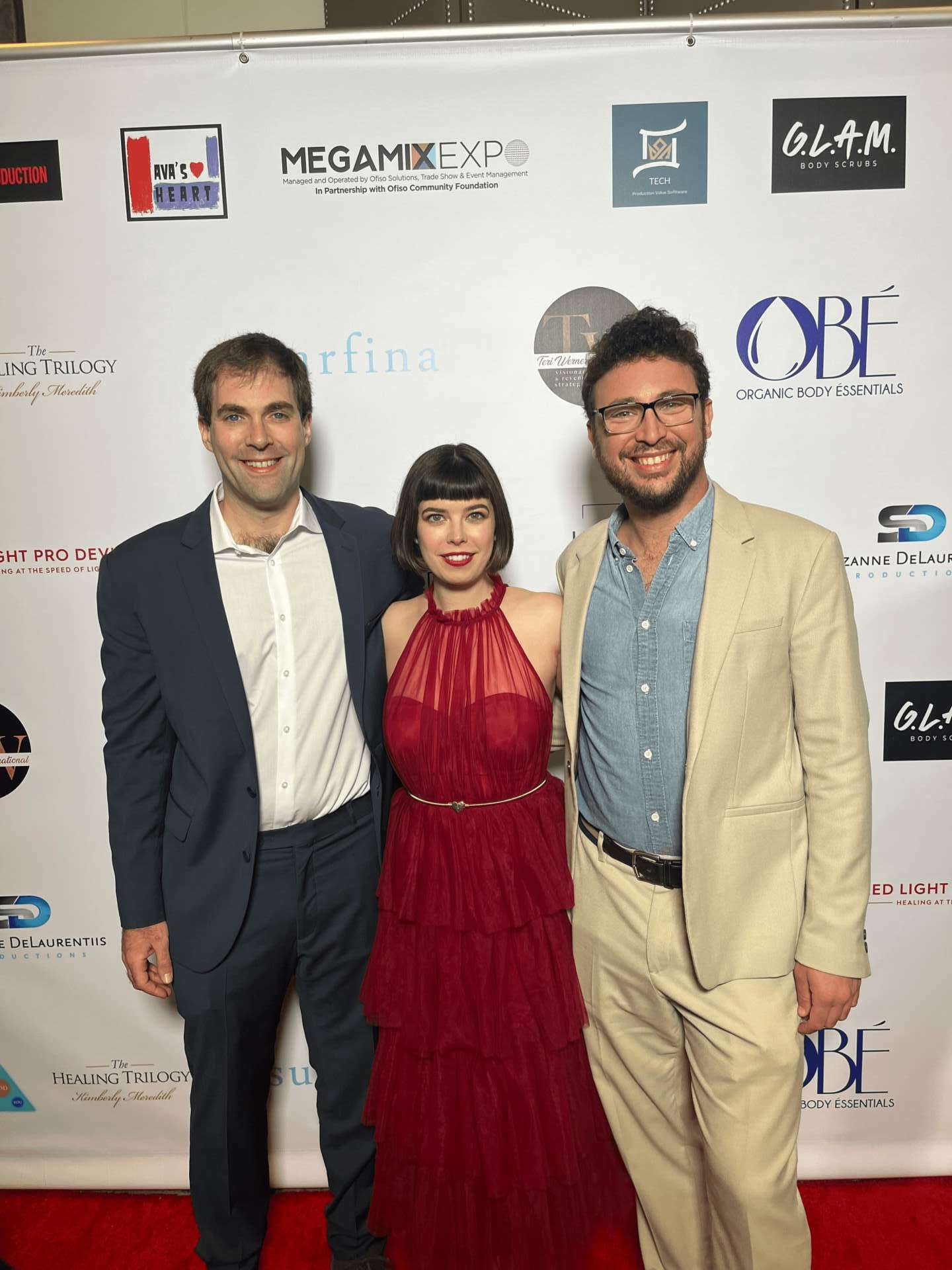
Is there something you think non-creatives will struggle to understand about your journey as a creative?
I think non-creatives forget that making a movie is truly like running a start-up company. We have the same goals and funding rounds, and it’s harder to make money from movies. I think many people think that filmmakers, especially, are just dreamers with cameras. It’s important to remember that any movie that is doing well commercially and critically is a miracle. Just finishing the movie alone is difficult from managing and working with HUNDREDS of people in pre-production to post-production to then working on marketing/ branding. It’s a full-time job, and it doesn’t pay until it pays. In other words, creatives like myself also have day jobs, so we’re usually working two jobs to actually make our movie come to life.
Contact Info:
- Website: https://www.goldminethemovie.com
- Instagram: @mattmarderfilms
- Linkedin: https://www.linkedin.com/in/matt-marder-b1b5a5a4/
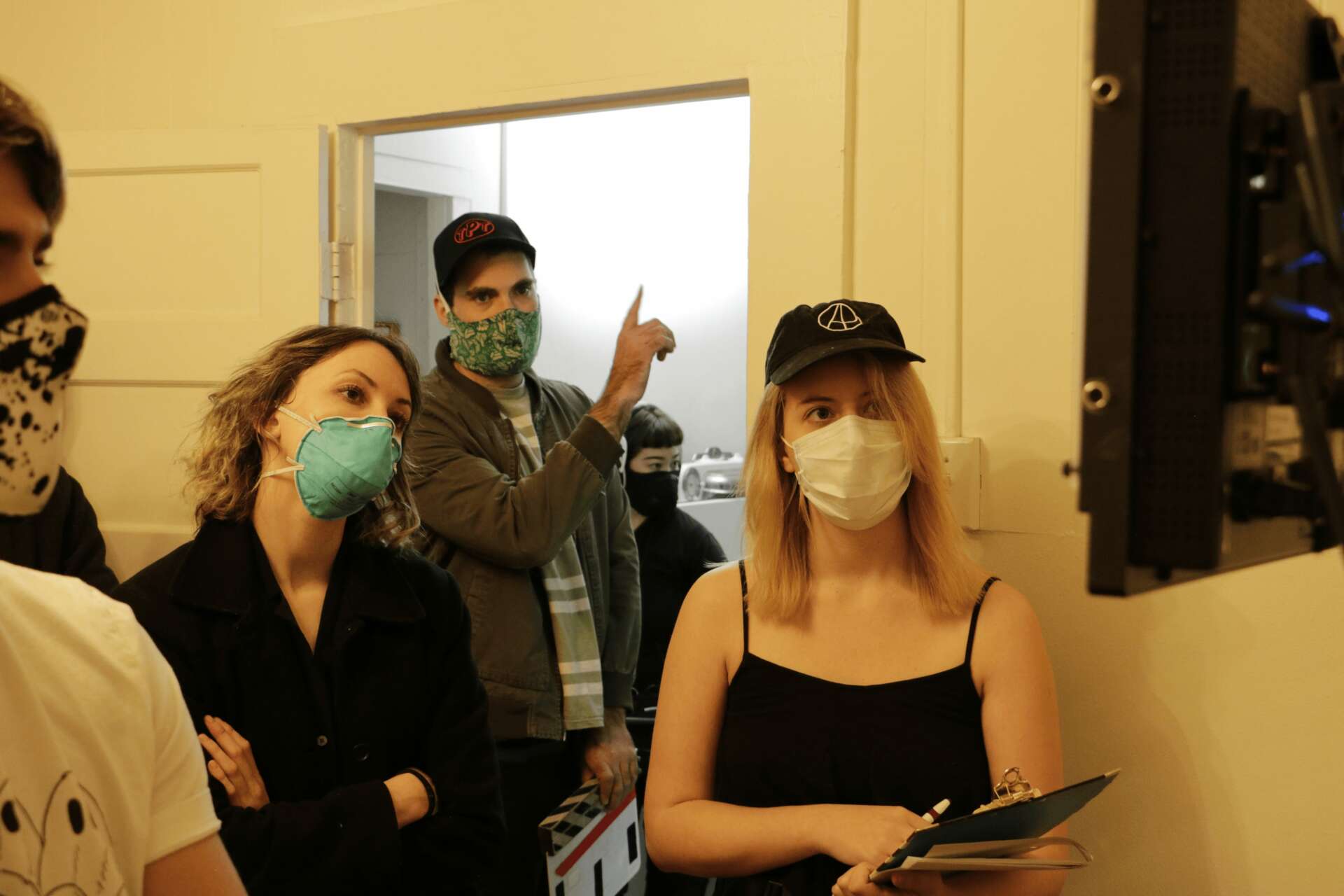

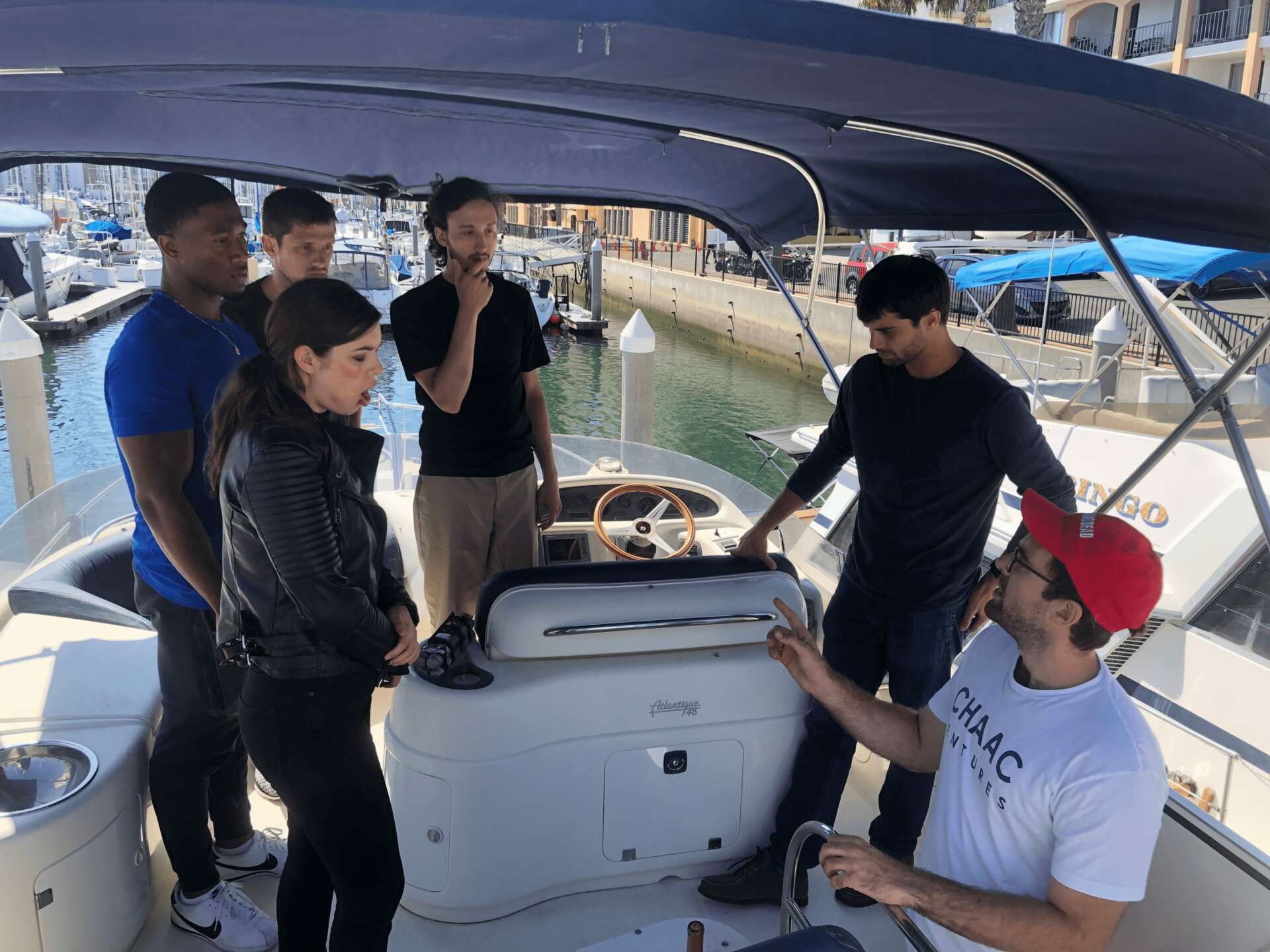
Image Credits
Matthew Marder. Sydney K.


